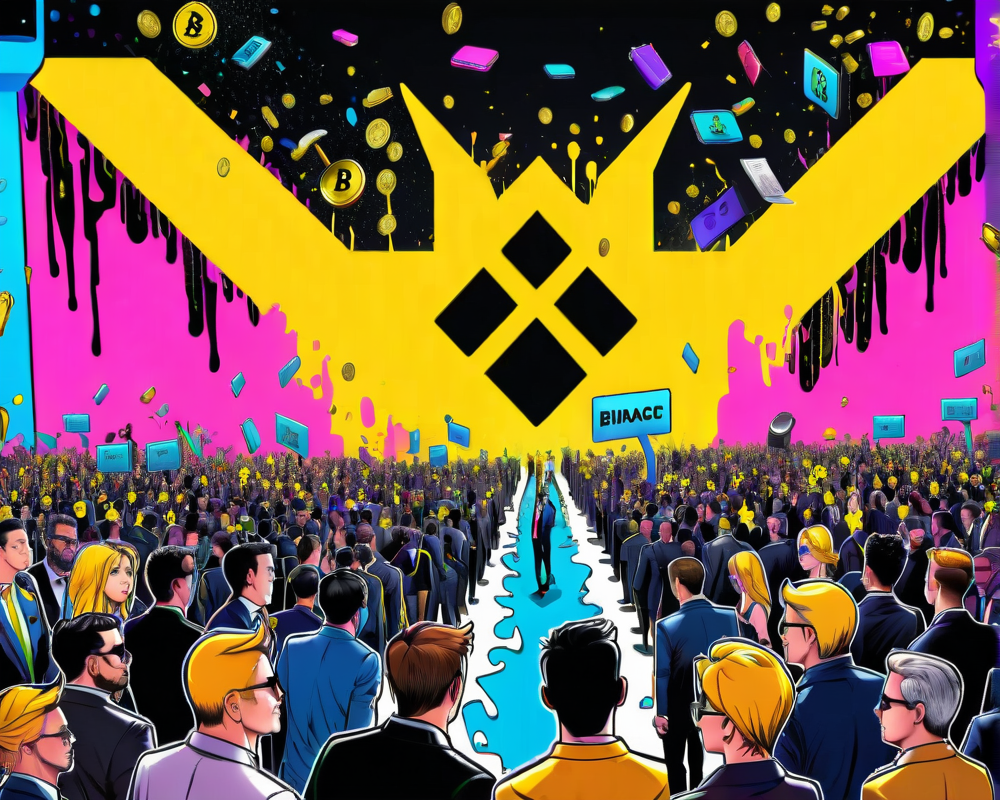The Rise of Virtual Concerts and Tencent’s Innovations
In an era where we’ve swapped live crowds for pixelated audiences, Tencent is making bold moves in the virtual concert space. With their recent application for a patent on virtual concerts to the Chinese National Intellectual Property Administration (CNIPA), they’re not just dipping their toes in the Metaverse—they’re diving in headfirst.
The Regulatory Tug-of-War
While Tencent pushes for progress, meanwhile, the People’s Bank of China (PBoC) plays the role of the stern parent. In a November statement, they declared they have their eyes on the Metaverse and nonfungible tokens (NFTs), promising to utilize anti-money laundering tools to keep a watchful eye on potential mischief. Talk about a wet blanket on the party!
A Boom Amid the Caution
Despite the PBoC’s warnings, over a thousand companies in China have jumped into the Metaverse pool, submitting an astounding 16,000 trademark applications. Tencent appears to be at the forefront, with plans to establish a new “F1” studio under TiMi Studios for an international effort involving talent from its offices in China, the U.S., Canada, and Singapore. Talk about teamwork!
Making History: TMELAND
Remember that epic New Year’s Eve bash in 2021? Tencent hosted China’s first virtual concert in the Metaverse, dubbed TMELAND, which attracted over 1.1 million fans to celebrate together—well, as together as avatars can manage! Just imagine the dance moves! And their acquisition of the LA-based company Wave brings a whole new level of immersive experiences, thanks to their motion capture wizardry.
Wave: The Virtual Concert Game-Changer
Wave is no stranger to success; during the pandemic, it helped musicians connect with fans in ways not seen before. A notable highlight was when The Weeknd drew in about two million viewers for a virtual concert live on TikTok, raising a cool $350,000 for charity. If that’s not a ticket to success, what is?
The Potential Pitfalls
As Tencent strides confidently ahead, the looming presence of regulators remains. Gou Wenjun, from the PBoC, reminded us at a recent summit that the crypto ecosystem can open the door to more than just some harmless virtual fun. Money laundering? Tax evasion? Nothing like a good scare tactic to put a damper on innovation.
Warning Signs from the Media
The People’s Daily, a mouthpiece for the Communist Party, has also expressed caution regarding the Metaverse, emphasizing that regulatory frameworks should precede innovation. It’s almost like they’re giving a gentle nudge: “Hey, slow down there, champ!” However, despite these dire warnings, clarity on regulations remains elusive, making industry players hold their breath for the next move.
The Takeaway
As Tencent continues to push the envelope within the ever-expanding universe of the Metaverse, it will be intriguing to see how they navigate regulatory waters. Will the fun police win? Or will creativity and innovation drive the day? One thing’s for sure: 2022 is set to be an eventful year for virtual concerts!




